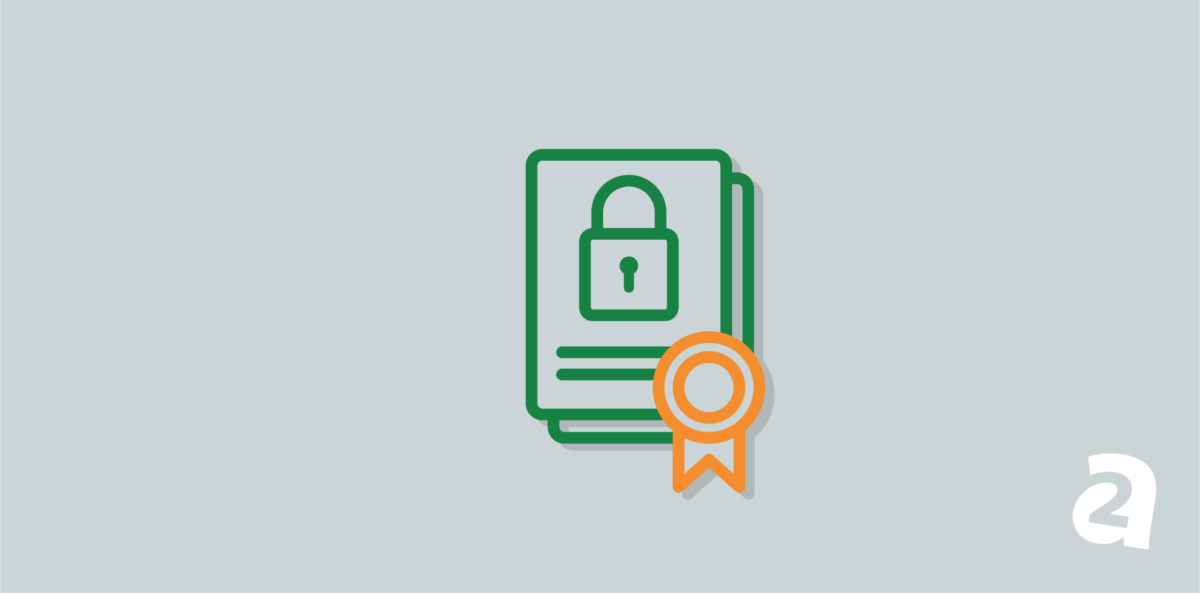- Community
- Featured
- How It's WorkingBolster Your Site’s Security with Effective SSL Certificate Control

Security & SSL What's New At A2 | May 27, 2024
Three Areas to Focus on to Ensure Website Redesign Success
Agency Blogger Business / Corporation Growing Your Online Presence How It's Working HTML & CSS Kickstarting Your Blog Online Retailer Small Business User Experience (UI/UX) Where You're At Who You Are | December 12, 2022
Is FTP Secure? The Complete Breakdown of FTP Hosting and If It’s Right for You
Putting Your Business Online Security & SSL | June 29, 2022
- Q4 Series
- TurboHub
- What You're UsingAll In on WordPress: How Open Source and WordPress Changed Our Lives

Community What's New At A2 WordPress | July 26, 2024
WordPress Security Made Easy With TurboHub
Agency Business / Corporation Marketer Online Retailer Personal Website Securing Your Site Small Business TurboHub TurboHub Web Designer / Developer Where You're At Who You Are WordPress | July 22, 2024
Simplifying WordPress Site Management for Agencies with TurboHub
Agency Featured TurboHub TurboHub What's New At A2 WordPress | July 11, 2024
Exciting Updates to Our Dedicated Hosting Service
Dedicated Featured What's New At A2 | July 03, 2024
- What's New At A2
- Where You're AtWordPress Security Made Easy With TurboHub

Agency Business / Corporation Marketer Online Retailer Personal Website Securing Your Site Small Business TurboHub TurboHub Web Designer / Developer Where You're At Who You Are WordPress | July 22, 2024
Essential Features to Look for in Blogging Platforms
Blogger Kickstarting Your Blog What's New At A2 | June 11, 2024
Introducing TurboHub – Transform Your WordPress Experience
Agency Featured Optimizing Your Site Speed Securing Your Site Shared Hosting VPS Web Designer / Developer What's New At A2 WordPress | May 31, 2024
Build a WordPress Site in 3 Easy Steps
Blogger Featured Kickstarting Your Blog Personal Website Small Business What's New At A2 WordPress | February 16, 2024
- Who You AreWordPress Security Made Easy With TurboHub

Agency Business / Corporation Marketer Online Retailer Personal Website Securing Your Site Small Business TurboHub TurboHub Web Designer / Developer Where You're At Who You Are WordPress | July 22, 2024
Simplifying WordPress Site Management for Agencies with TurboHub
Agency Featured TurboHub TurboHub What's New At A2 WordPress | July 11, 2024
Essential Features to Look for in Blogging Platforms
Blogger Kickstarting Your Blog What's New At A2 | June 11, 2024
Introducing TurboHub – Transform Your WordPress Experience
Agency Featured Optimizing Your Site Speed Securing Your Site Shared Hosting VPS Web Designer / Developer What's New At A2 WordPress | May 31, 2024












